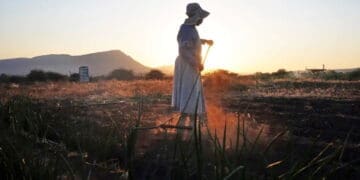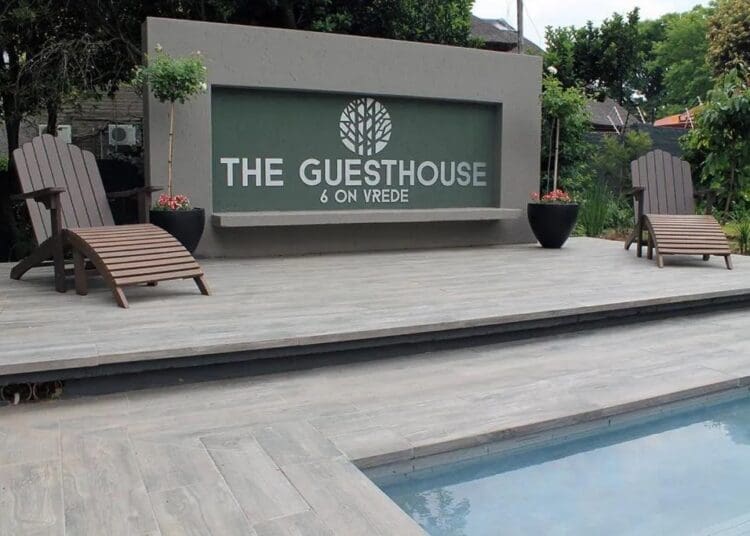On a warm Sunday morning in Mthatha, the hum of solar inverters replaces the rumble of diesel generators at Nomsa Mthombeni’s eight-room lodge.
In the garden, freshly picked spinach is being washed for breakfast while guests relax on the veranda, unaware that just beyond the fence, load-shedding has just struck the rest of the neighbourhood.
For Mthombeni, this scene would have been impossible a year ago.
“We used to lose between R5,000 and R8,000 a month from cancellations during blackouts,” she recalls. “Now, no matter what Eskom is doing, our lights stay on, our water stays hot, and our Wi-Fi works. Guests notice that.”
South Africa’s rural and township hospitality sector is under pressure from rising costs and unreliable basic services.
Electricity tariffs rose by more than 18% in the past year, municipal water outages are becoming more frequent, and competition for visitors is intense.
Small, family-run bed-and-breakfasts are increasingly choosing to adapt rather than close their doors, investing in solar panels, boreholes and food gardens that both cut expenses and appeal to eco-conscious travellers.
Mthombeni’s R150,000 solar investment slashed her electricity bill from R6,500 to under R2,000 a month. She expects to recover the cost within three years.
“It is about dignity in running a business. I can look guests in the eye and say, you will have light, hot water and internet, no matter what,” she said.
In Mpumalanga, Vusi Dlamini, who runs a five-room guesthouse near Sabie, has seen similar results after installing a borehole that cost him R45,000.
Before that, he was forced to turn away guests due to municipal water cuts.
“My municipal bill is now 70% lower and we always have water. When guests come back, it is not just for the view. It is because they trust us to take care of them,” Dlamini said.
Some owners are going further by producing their own food.
In Cofimvaba, Zanele Nyathi grows spinach, herbs and seasonal vegetables in a permaculture garden next to her guesthouse.
“The kitchen is always full of something green from the garden,” she laughs. “I save about R1,200 a month on groceries and make another R2,500 selling herbs to the local market.”
These changes are also proving to be a marketing advantage. On platforms like Airbnb and Booking.com, properties that highlight sustainability often rank higher and attract guests willing to pay a premium.
International and local travellers are actively seeking eco-friendly accommodations, and rural guesthouses are using this to stand out in a slow tourism market.
“If we do not adapt, we close. It is that simple. Going green is not about trends for us. It is about staying alive in this business,” Mthombeni says.
lazola@vutivibusiness.co.za
































































